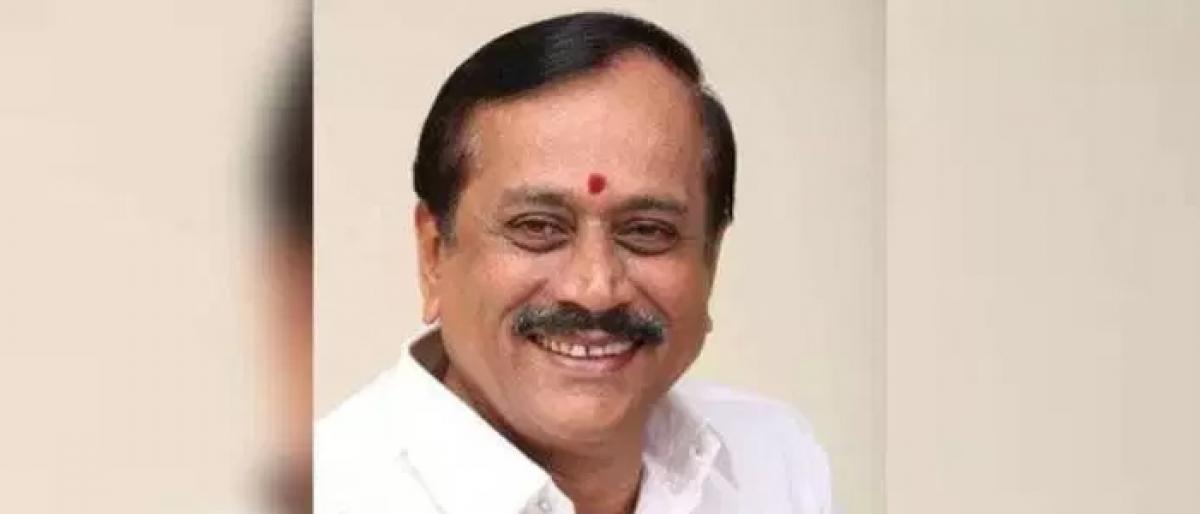Bench can’t take up suo motu contempt plea

BJP national secretary H Raja on Tuesday submitted before the Chief Justice of the Madras High Court that a division bench of the court had no locus standi to suo motu initiate contempt proceedings against him
BJP leader Raja tells CJ
Chennai: BJP national secretary H Raja on Tuesday submitted before the Chief Justice of the Madras High Court that a division bench of the court had no locus standi to suo motu initiate contempt proceedings against him.
Making a special mention before the First Bench comprising Chief Justice V K Thahil Ramani and Justice M Duraiswamy, advocate K S Dinakaran, appearing for the BJP leader, referred to several judgements and said only the Chief Justice could decide whether to initiate suo motu proceedings or not.
The matter relates to the suo motu contempt proceedings initiated by a division bench of Justices C T Selvam and Nirmal Kumar on September 17 against H Raja over his alleged derogatory remarks against the judiciary and police.
It had also issued a statutory notice to him directing his personal appearance on October 22.
There are several high court and Supreme Court judgements that allow other benches to place the materials before the Chief Justice on taking cognisance of the matter and whether to take suo motu action or not, the counsel noted.
"Only the Chief Justice has to decide whether to take suo motu or not," the advocate said, adding that the "Bench headed by Justice CT Selvam has no loco standi to take suo motu."
Chief Justice VK Thahil Ramani directed the advocate to place the note along with citings in this connection and said she would examine the matter.
A criminal case was registered against Raja on September 16, a day after he picked up a quarrel with policemen in Meiyyapuram village in Pudukottai district over the route of an immersion procession of Lord Ganesh idols.
He had called the police "anti-Hindu" and "highly corrupt", besides making some remarks against judiciary when informed that permission could not be given to take out the procession through the route in view of a court order.








